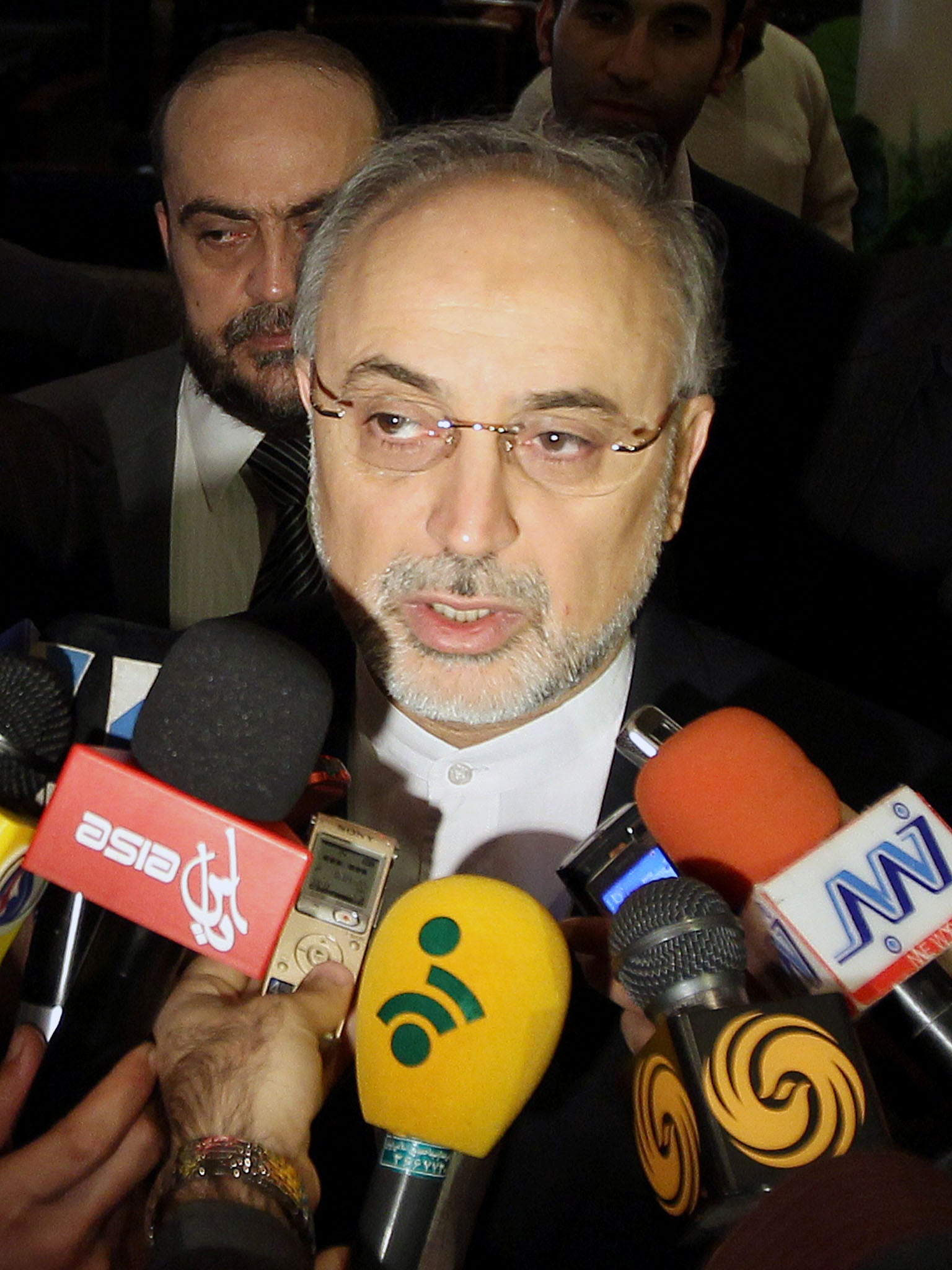
Your support helps us to tell the story
From reproductive rights to climate change to Big Tech, The Independent is on the ground when the story is developing. Whether it's investigating the financials of Elon Musk's pro-Trump PAC or producing our latest documentary, 'The A Word', which shines a light on the American women fighting for reproductive rights, we know how important it is to parse out the facts from the messaging.
At such a critical moment in US history, we need reporters on the ground. Your donation allows us to keep sending journalists to speak to both sides of the story.
The Independent is trusted by Americans across the entire political spectrum. And unlike many other quality news outlets, we choose not to lock Americans out of our reporting and analysis with paywalls. We believe quality journalism should be available to everyone, paid for by those who can afford it.
Your support makes all the difference.Under the motto "No to violence, yes to democracy," an estimated 200 Syrian and regional politicians gathered in Tehran on Sunday to discuss a possible end to the violence that has engulfed Syria since March 2011.
"We believe reforms in Syria should lead to a free, fair and transparent election with the cooperation of all political parties," Iran's foreign minister, Ali Akbar Salehi, said in opening remarks at the one-day Syrian National Dialogue conference.
Iran continues to back Syrian President Bashar Assad's regime despite the bloodshed, which has killed more than 40,000 people since the fighting began, making Western and many Arab governments doubt the Islamic republic's sincerity in trying to end the violence. But the presence of delegations from dozens of countries, including representatives of Russia and China, two key Syrian allies, indicate that Iran is seen as able to wield influence in the matter.
Leaders in Tehran have long contended that they support a peaceful solution to the Syrian conflict and can play a positive role in engineering a lasting cease-fire there.
Salehi warned that arming the opposition in Syria would "spread insecurity, the risk of terrorism and increase organized violence" and would heighten the risk "of bloodshed spilling into other countries."
Meanwhile, the newly formed National Coalition for Syrian Revolutionary and Opposition Forces and its head, Mouaz al-Khatib, continue to gain supporters since forming at a meeting last week in Doha, Qatar.
France and Turkey have recognized the coalition as a legitimate government in exile, and Britain is considering whether to formally recognize the group.
The Tehran conference, viewed by some as a response to the Doha gathering, included representatives from across Syria's ethnic and religious spectrum, but none identified themselves as specifically in opposition to the Syrian regime. Among them were Assad loyalists and government officials, including National Reconciliation Minister Ali Haidar and Deputy Prime Minister Qadri Jamil.
"Ending clashes, preventing the shipment of weapons to Syria, avoiding interference by foreign countries, resuming national dialogue, forming a committee to meet the expectations of the Syrian people by parliamentary and presidential elections and changes in the constitution are all aspects of Iran's political plan in Syria," said Iran's Foreign Ministry spokesman, Ramin Mehmanparast.
Noting the escalating conflict between Israel and Hamas forces in the Gaza Strip, many participants spoke about the urgent need for regional stability.
Former Iraqi prime minister Ibrahim al-Jafari called for a Syrian solution rather than resorting to foreign intervention, saying, "We all must respect people's dignity in Syria and prevent war and violence in Syria from spreading to the whole region."
Join our commenting forum
Join thought-provoking conversations, follow other Independent readers and see their replies
Comments